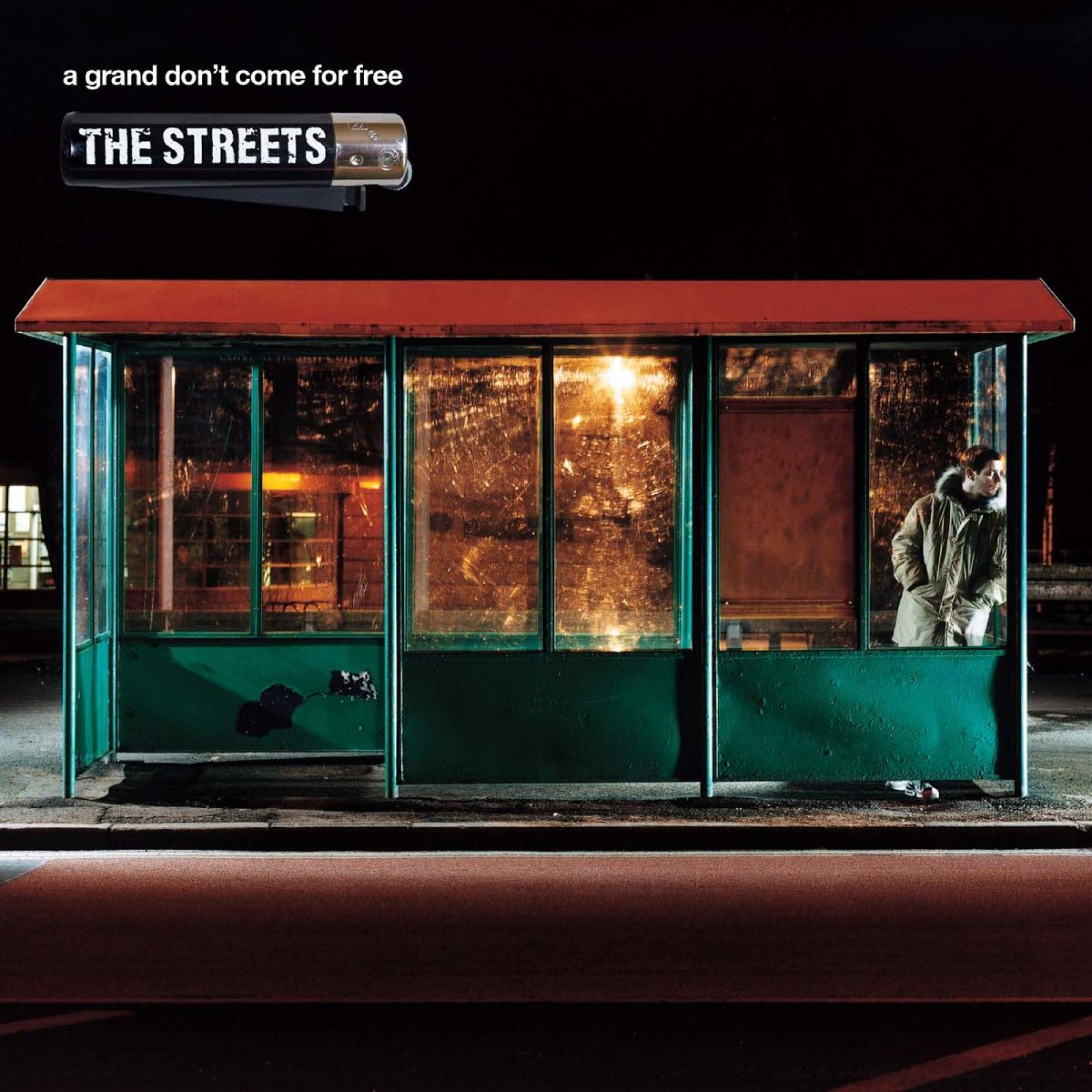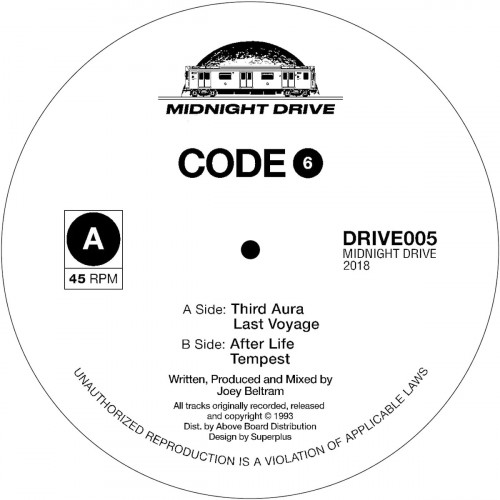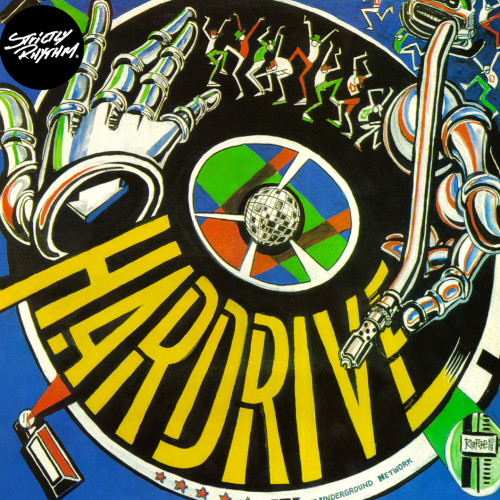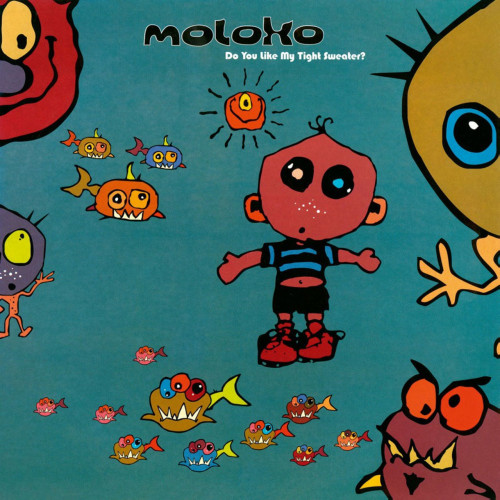Mike Skinner has a problem, and from the sound of it, it's life-threatening. He opens his second Streets full-length by moaning "It was supposed to be so easy..." as though he's about to deliver his deathbed confession, the classic tale of a crime gone wrong. Instead, three minutes later, it's clear what the "it" was: walking down to bring back a DVD rental, taking some money out of the machine, and calling his mother, who he'd just left at home, to tell her he wouldn't be back for tea. Believe it or not, but that's just another day in the life of Britain's favorite bedsit producer cum singer/songwriter. Although listeners may not wonder where he finds his material, they'll quickly realize that A Grand Don't Come for Free is just as immediately striking as Skinner's career-making full-length debut, Original Pirate Material. It succeeds, despite a clear lack of comparable singles, because of its paradoxical concept (and yes, it is a concept album) that a record can be tremendously ambitious even though it charts a very unambitious personality. Skinner's urban British youth persona is even more fully drawn than before, and this time he delivers a complete narrative in LP form, with characters, conflicts, themes, and post-modern resolution on the closer. He's sheepish about his utter lack of knowledge about football (and the heavy gambling losses that result from it), unreservedly enthusiastic about his girlfriend early on but later totally disgusted with her (in a blow-up that rivals Dizzee Rascal's "I Luv U"), not so easily dismissive of a gorgeous show-off in front of him at the kebab shop, and willing to confront anyone who criticizes him for drinking at home until he can set up a row of empty Tennent's Super cans. Fortunately, he hasn't reduced the Streets to a comedy act in the process. There is as much tragedy and heartbreak here as there is slapstick comedy. "Blinded by the Lights," driven at half-speed by a shadowy trance line and Skinner's disoriented delivery, transmits perfectly the intense loneliness that can flood you in a club full of people and the utter disenchantment of being stranded in the middle of euphoria. Skinner drives these tracks with a mere skeleton of productions and delivers some cruelly off-key harmonies on the choruses; only the single, a rockabilly buster named "Fit but You Know It," makes any attempt to connect the dots from beats to melody to production. Confronting doubts about his seriousness and squashing whispers about his talent, Skinner has made a sophomore record that expands on what distinguishes the Streets from any other act in music.
- John Bush - allmusic.com

























